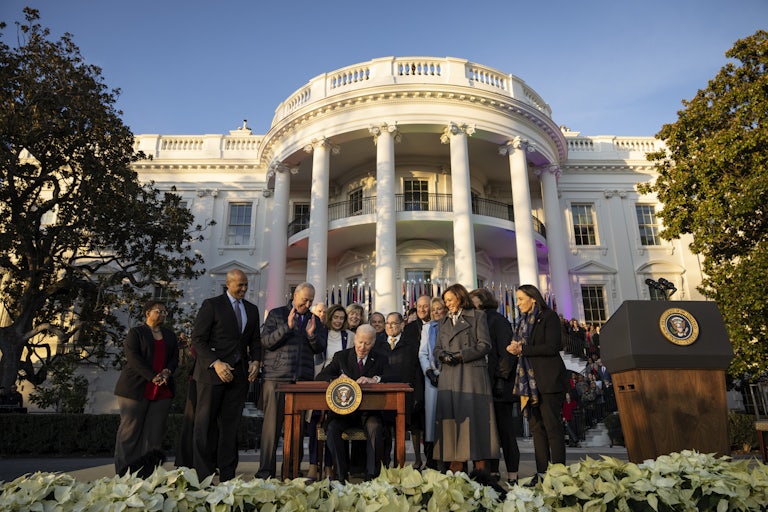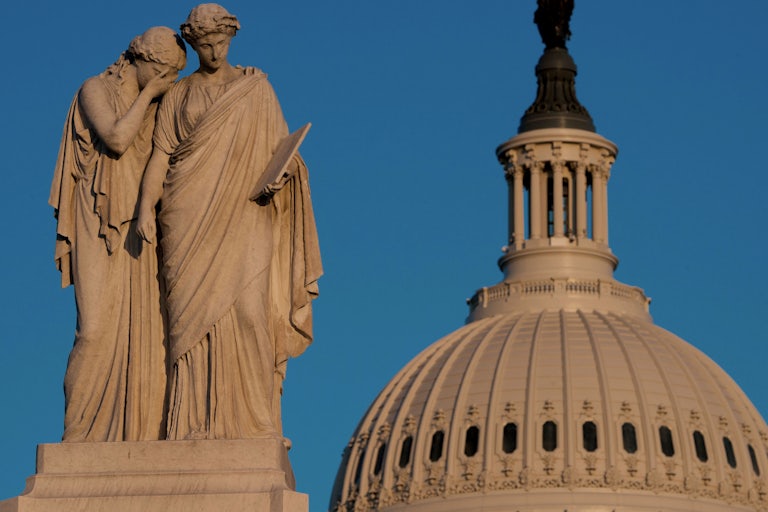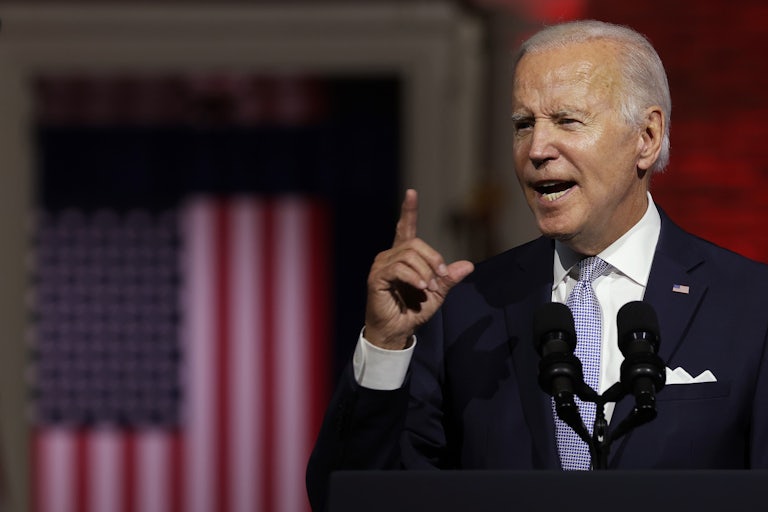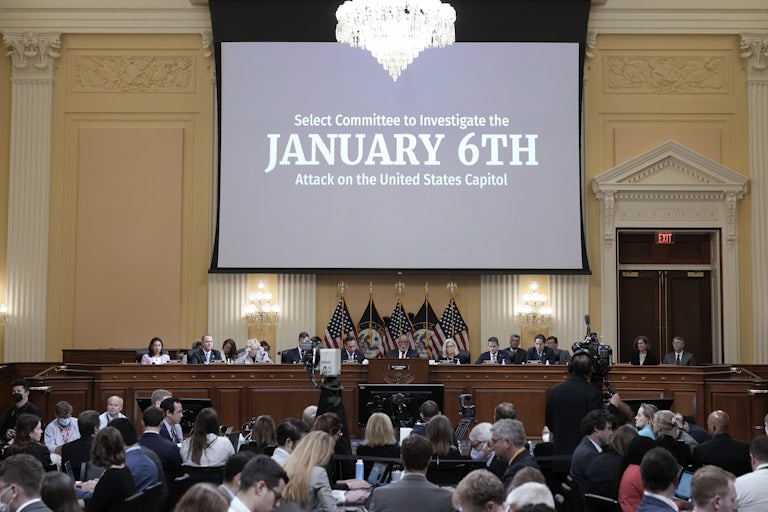Biden’s Document Screwup Is an Ethical Opportunity
Rather than follow the Beltway’s cynical damage-control playbook, the president should put on a master class in how to take responsibility for a mistake.
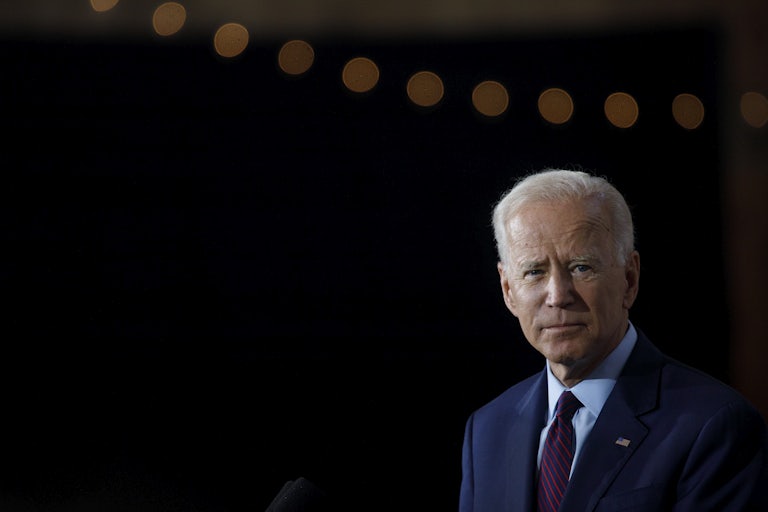
As President Biden enters his next and final presidential election cycle, there can be little doubt that his best argument for reelection is that he put a wayward nation right after four years of Trumpian misrule. There will be contrasts that Biden will surely want to tout, from job numbers and legislative accomplishments to his superior tone and temperament. But a recent delivery from the “Be Careful What You Wish For” store has drawn him into a less favorable comparison with Trump.
There are early indications that Biden’s mishandling of classified documents is rooted in error rather than corruption or egomania. Unlike Trump, Biden did not spend a lengthy period of time intransigently blowing off authorities, forcing them to carry out a search and seizure of his property; his team immediately fessed up and handed over the documents to the National Archives. But thanks to the appointment of a special counsel to investigate the matter and a second discovery of classified documents that was handled less forthrightly, the flap has offered the GOP and its media organs enough meat to ensure this matter won’t be pleasantly resolved.
CNN summed up the White House’s strategy like so: “Pledge full cooperation. Attack House Republicans. Don’t engage in the details of an ongoing matter,” the idea being that “pushing ahead with their regularly scheduled programming” is the best course of action. But as The Washington Post subsequently reported on Wednesday evening, things didn’t go to plan, and the administration earned itself a furor by not picking the right moments to be as transparent as possible.
That the White House prefers a low-key approach is understandable—unlike Trump, most presidents don’t try to inject themselves into the news cycle every hour of the day. But I think it’s an error. What Biden is facing is a test of mettle, not a pitfall to dodge. Rather than play this matter down, Biden should—within the limitations that are wisely enforced during an ongoing investigation—endeavor to play it up, instead. He should own whatever mistakes led to these classified documents ending up where they shouldn’t have. This is an opportunity to make government ethics great again, and it’s long overdue.
One of the more important jobs a president has is setting an ethical standard for his administration. We don’t have ethics cops walking the beat and making arrests; there’s no enforcement mechanism other than the tone set from the guy at the top. When this is absent, as we saw during the Trump administration, things unwind quickly—the entire Republican National Convention ends up being a massive violation of the Hatch Act. A post-Trump restoration couldn’t be more vital: New norms get established quickly in Washington. They also erode fast. So Biden should sail over the low bar set by his predecessor by detailing the errors that led to the misplacement of these classified materials and making clear what’s being done to ensure the mistake won’t be repeated.
Why is this important? While Biden and his fellow Democrats can’t do much in the way of passing laws with the GOP in control of the House, they can still spend the next two years setting an example. Collectively, everyone on the team should be seeking out opportunities to play Gallant to the Republicans’ weird Goofus impulses. But it’s also important for Biden to burnish his credibility with the American people—and maybe be a direly needed change agent in our all-too-tatty political culture. Washington, a notoriously cynical place, is famous for its common sense–crippling ideas about leadership. Perhaps one of the most notorious is the odd standard that holds that publicly admitting errors is a sign of weakness and that politicians should go to comical lengths to avoid doing so.
There’s another way: In Bailout, Neil Barofsky’s memoir of his time in Washington serving as the special inspector general overseeing the Troubled Asset Relief Program, he described the advice he received from Kristine Belisle, the woman he smartly hired to be his communications director. It was about as anti-Washington as it can get: “We’ll admit and even highlight our mistakes.” As she went on to explain, there’s method in a strategy that most people inside the Beltway would deem madness:
This is the best way to earn the press’s trust. They’ll know we’re not spinning like everyone else. SIGTARP will quickly become the only credible source for information in Washington about TARP. We might be embarrassed at times and disclose things that we could—and others would—easily hide, but we’ll shock the press with our honesty. No one else does this, and before long, we’ll have a built in defense when we’re attacked. No matter what they hear, the press will come to us first and believe us, because we’ll prove to them that we tell the truth.
This is perhaps the biggest reason for Biden to pursue the course of radical responsibility-taking: Moments inevitably arise in any presidency when having the trust of the public and the institutions that safeguard the civic interest is critical. Moreover, there is vital capital to be earned by owning our mistakes, and there’s an important distinction that Biden can draw with his political opponents. The president would do well to follow the old adage: Tell the truth—and shame the devil.


